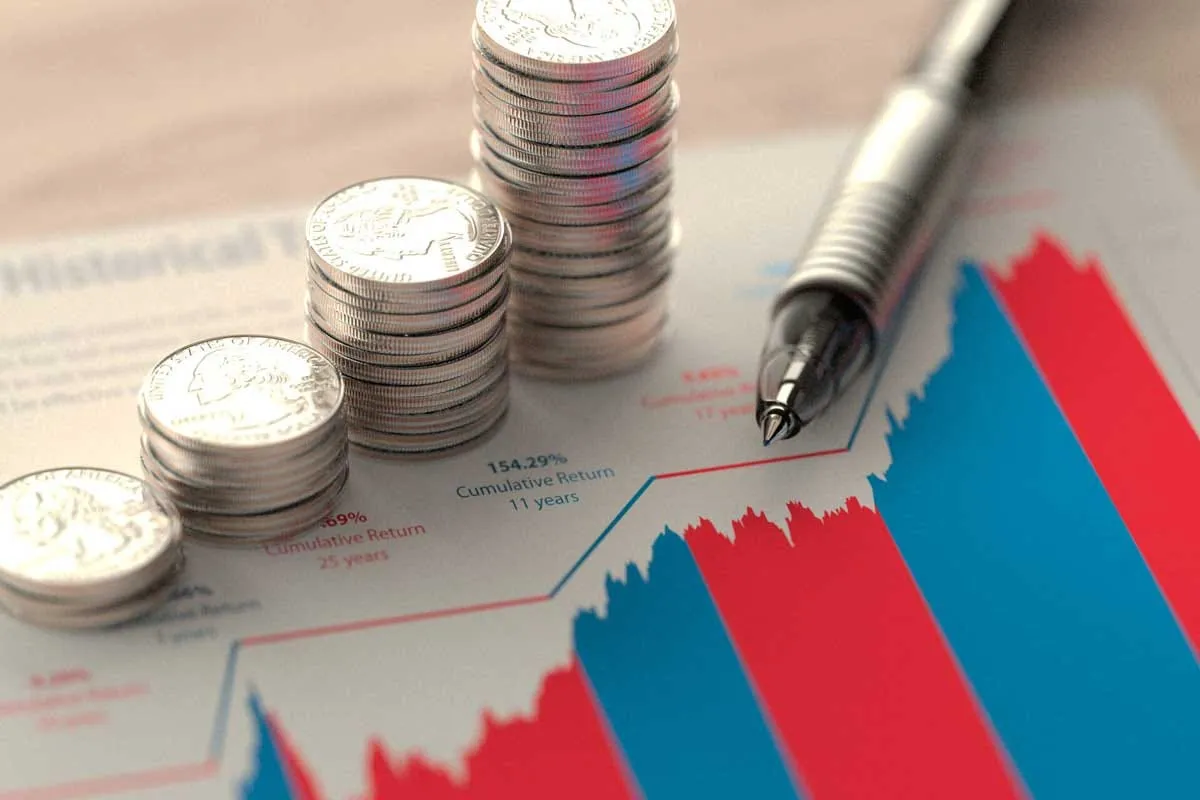Not a bad haul with a little over $90 dollars this past week in beer money income. It certainly seems to be slowing down this week, or maybe I’m slowing down because I’ve had less time to focus my attention toward working on beer money web sites. In any case, it was still a successful week and I surpassed my goals again so I can’t complain. In fact, after purchasing another 7 shares of PSEC, I met another 2023 goal of being able to earn enough dividend income from the stock for the year to purchase another share. That’s assuming the dividend does not get cut, but because all of these assets are speculative that could change.
I also received my first dividend this month. SLG paid me $1.86 and I’ve tracked that as part of my income. And, as I previously mentioned, I enabled dividend reinvestment in my brokerage account so every dividend I earn automatically repurchases a portion of the stock that paid it. This enables compound interest to work its magic.
Compound interest is essentially getting paid interest on the interest that you got paid. Here’s an example to illustrate how compound interest works:
Imagine that you deposit $1000 in a savings account that earns an annual interest rate of 5%. After the first year, you will earn $50 in interest (5% of $1000 is $50). If the interest is compounded annually, the balance in your account at the end of the first year will be $1050 (the original $1000 plus the $50 in interest).
Now, in the second year, you will earn interest not only on the original $1000, but also on the $50 in interest that you earned in the first year. This means that the interest earned in the second year will be calculated on a balance of $1050, not just on the original $1000. In this case, the interest earned in the second year would be $52.50 (5% of $1050 is $52.50).
As you can see, compound interest allows you to earn interest not only on your original principal, but also on the interest that has accumulated over time. This can make a significant difference in the total amount of money you have in your account, especially over a long period of time.

